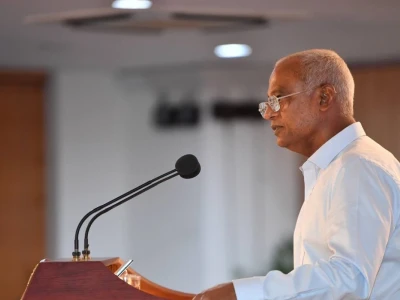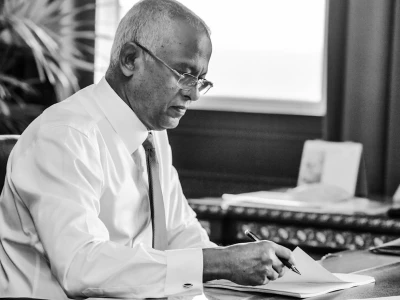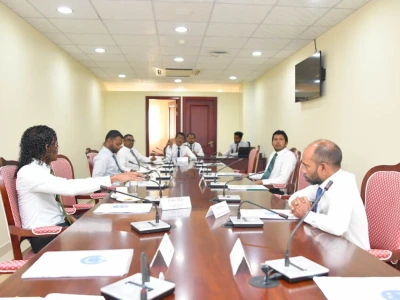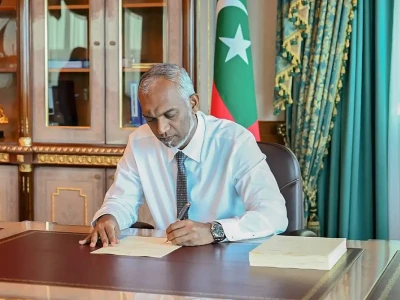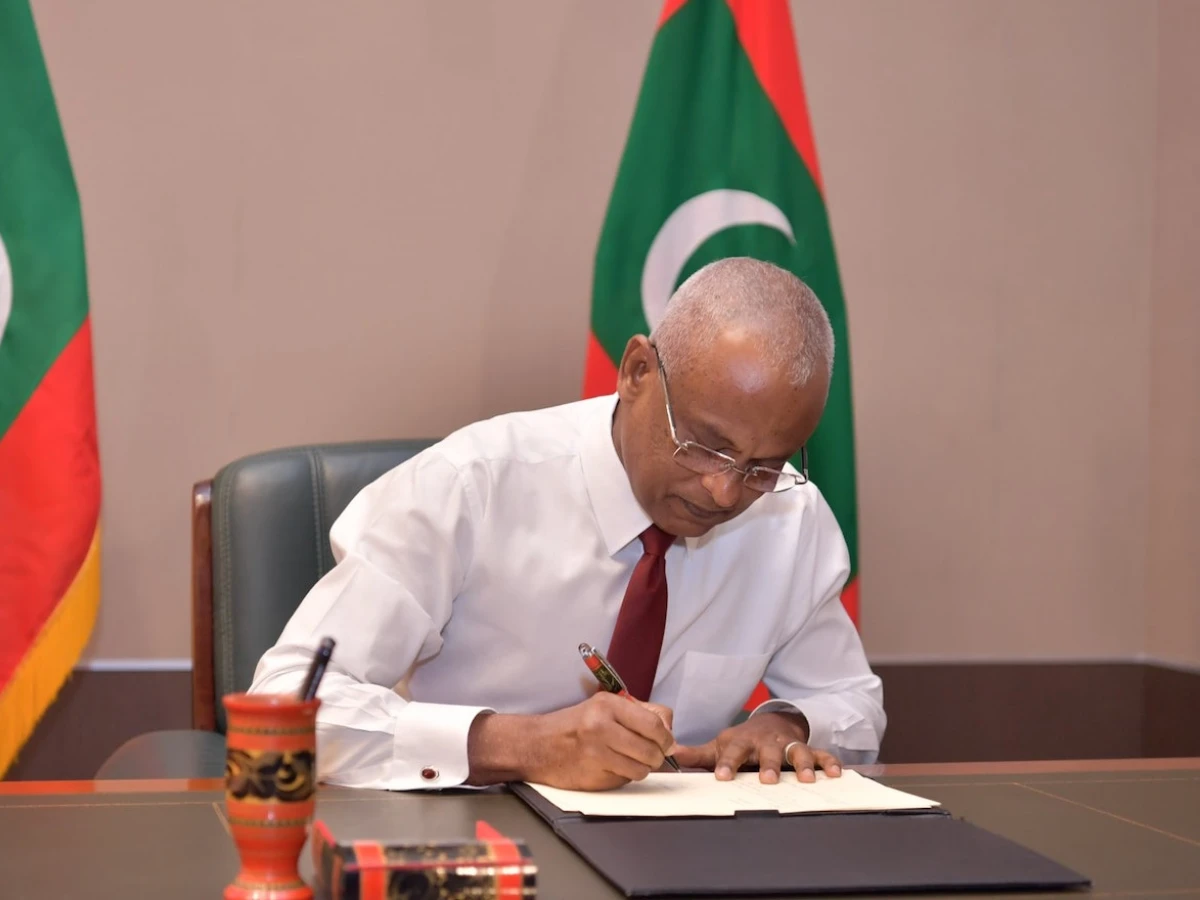
President ratifies bill allowing direct utility bills for tenants
Since the landlord is named responsible for unpaid bills from rented spaces, it becomes difficult for the service providers to recover payments for such bills.
By
Aminath Shifleen
President Ibrahim Mohamed Solih on Monday ratified an amendment to the Utility Regulatory Authority Act to make it easier for tenants to be billed directly for utility services instead of billing the owner for a rented building or apartment.
As was the case earlier, bills for rented premises are sent to the landlord. In some instances, when tenants leave the place, the owner has to take responsibility for unpaid bills.
An amendment to the Utility Regulatory Authority Act was introduced in parliament and passed on 17 October, along with the rules on how the service providers should bill for the services rendered.
The amendment sought to add a clause to section 34 of the Act pertaining to making rules relating to billing from public utility services.
-
The authorities, in consultation with the providers of public utility services, should formulate a regulation specifying the basic procedures to be followed by the service providers while billing the recipients of the services.
-
Prescribe rules for fixing penalties for non-payment of bills, what are the circumstances under which services have to be suspended due to non-payment of bills, and procedures to be followed in case of such a situation.
The Utility Regulatory Authority Act was referred to a committee for review in June. During the study phase of the bill, the committee met utility service providers and sought their suggestions. Some of the points that the committee found from the discussions were:
-
Since most of the households are rented premises and their metres are registered in the name of the landlord, the bill is levied on the landlord rather than the person who avails the service through separated metres
-
Service providers and service recipients face conflicts due to this
-
Sometimes the landlord is levied unpaid utility bills when their tenants leave the premises without paying for the services they used
-
Since the landlord is named responsible for such bills, it becomes difficult for the service providers to recover payments for such bills
-
The presence of a metre in the landlords name makes it difficult for the people to attain government subsidy from service providers
The committee proposed an important amendment to the bill to address the issue through legislation. The amendment states:
-
In public utility services, metres should be registered in the name of the building owner
-
However, if the service is not used by the person registered with, registration can be changed to the name of the user
